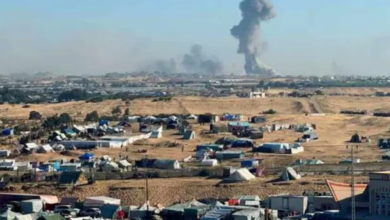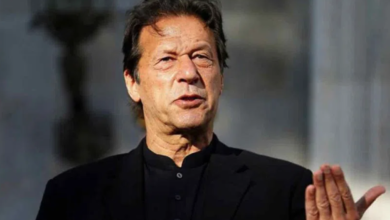How Many Billionaires Are There in China

China‘s explosive economic growth in the industrial, retail and real estate sectors has unsurprisingly made many dollar billionaires in recent years. But here, too, precise evaluations vary.
According to this year’s The World’s Billionaires, the widely cited ranking published annually by Forbes since 1987, there were 607 billionaires in China, including Hong Kong and Macau, making it the country with the second-highest number of super-rich.
The U.S. topped the list with 735 dollar billionaires, while India was third with 166.
The magazine counted 2,668 billionaires in the world in 2022, down 97 but still worth a combined $12.7 trillion.
Eight of the 10 richest people in the world were Americans, according to the Forbes list, which was topped by Tesla and SpaceX CEO Elon Musk, Amazon founder Jeff Bezos and LVMH boss Bernard Arnault, who is French.
According to another tally, however, China topped the list of most dollar billionaires this year. Hurun Report, which is run by former Forbes rich list researcher Rupert Hoogewerf, publishes its own count every April, two months after Forbes.
In 2021, the group named China as the first country to pass 1,000 billionaires. This year, China had 1,087 members of the dollar billionaire club, Huron Report’s global billionaire count reached 3,381, up 153 members from 2020.
The Hurun Global Rich List has Musk, Bezos and Arnault in the same top three spots, but its U.S. billionaire count—716—is lower than Forbes‘ 735.
China may be home to the most billionaires worldwide, according to Hurun, but North America still has the highest number of ultra-high net worth individuals—those worth more than $50 million as defined by Statista.com.
Asia accounted for 54 percent of billionaires in 2022, Hurun said, while 44 percent of billionaires resided in North America and Europe, the company said.
The CCP’s revolutionary founders probably didn’t have billionaires in mind, and Xi has kept China’s mega-rich on their toes. Their wealth fluctuates whenever the Chinese president believes a certain industry has grown too rich for its own good, or when he indirectly mandates their contributions toward shared wealth as part of his policy of “common prosperity.”
Is the CCP really communist?
The Chinese government isn’t unique in distributing a wide range of benefits to its population, including for education, housing and childbirth, and these alone don’t make China communist.
Its ruling party was inspired by the Russian Revolution of 1917 and was founded on the principles of Marxism-Leninism.
Marxism-Leninism was the official ideology of the Soviet Union and the international communist movement in the 20th century. Its goal was the establishment of a one-party socialist state to replace capitalism on behalf of the working class.
The death of Soviet leader Joseph Stalin led to the emergence of new interpretations of Marxism-Leninism in different countries, including in China. Today, the collapse of the Soviet Union still informs Beijing’s belief—and especially Xi’s personal conviction—in the need to forge strong ideological links between society and the ruling party to ensure the CCP’s survival.
Over the decades, Chinese leaders have proposed their own period-specific ideologies, such as Mao Zedong Thought, Deng Xiaoping Theory and now Xi Jinping Thought—also called Maoism, Dengism and Xiism, which are part of a collective set of political theories known as socialism with Chinese characteristics.
China’s current leader is known to be deeply ideological, which informs his statist approach of exercising more centralized control over Chinese society and the economy.
Xi’s belief that the “East is rising and the West is declining” is not unique to him. As early as Mao leaders have expressed some version of the phrase, which is not so much a conviction as an ideological imperative of Marxist-Leninism.
Australia’s former Prime Minister Kevin Rudd, a long-time China watcher, notes that Xi, like all Marxist-Leninists, views history as an ongoing class struggle, in which “China’s move to a more advanced stage of socialism necessarily accompanies the decline of capitalist systems.”







